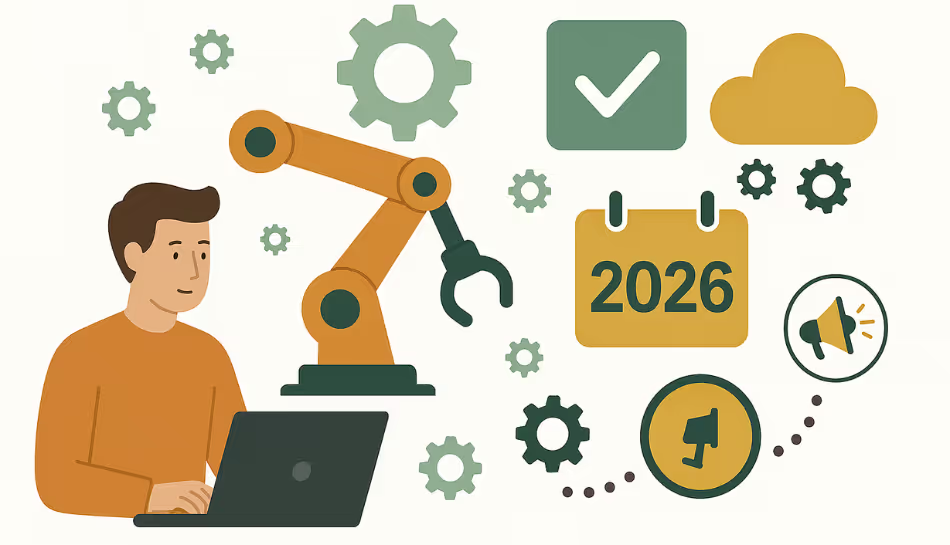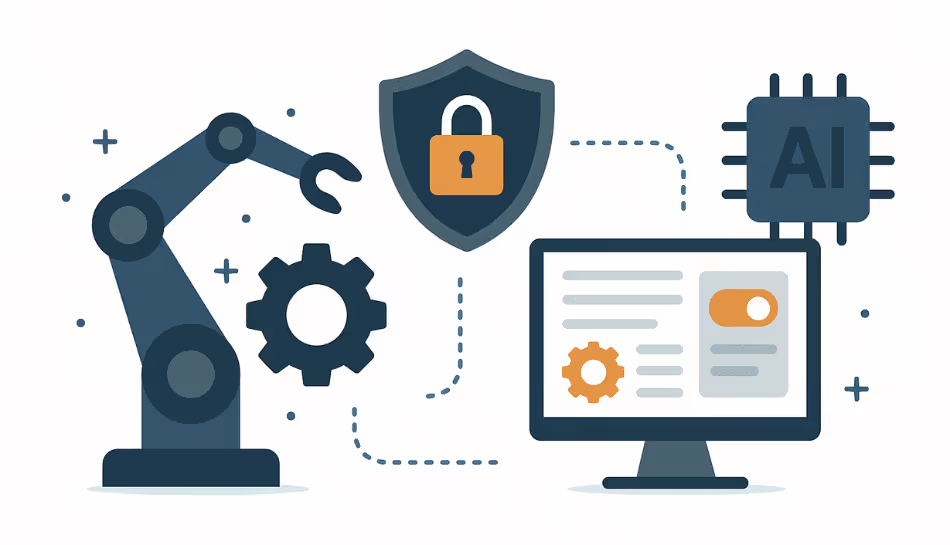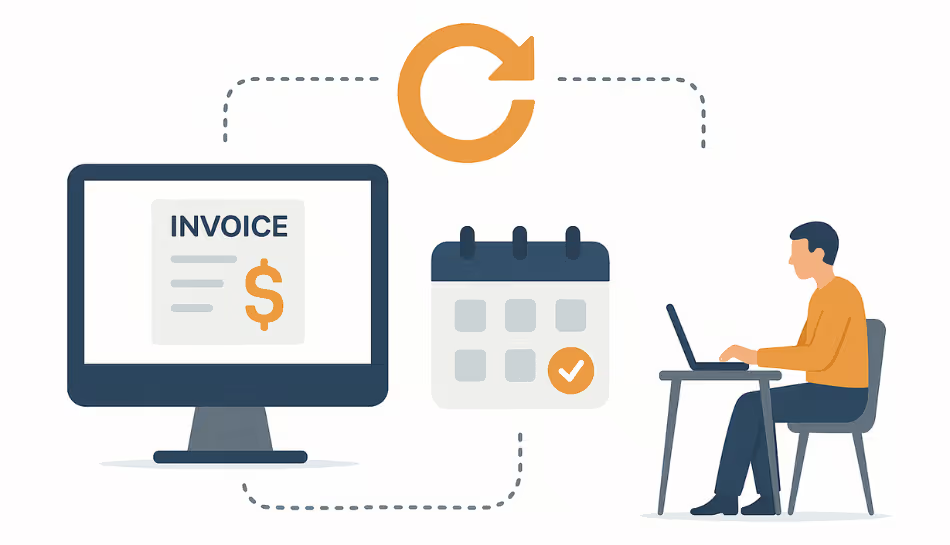
Running a small business in 2026 is no easy task. You're managing sales, customers, inventory, marketing, and accounts, often with a lean team and limited time. That's where small business automation comes in.
By using smart workflow automation tools, you can streamline daily tasks, reduce manual effort, and focus on what truly matters: growing your business.
Here’s a breakdown of the best types of automation software small businesses should be using in 2026, and how they help you save time and increase productivity.
1. Customer Relationship Management (CRM) Automation
Keeping track of leads, customers, and follow-ups manually can lead to missed opportunities. A CRM with automation helps you:
- Track customer interactions
- Send follow-up emails automatically
- Schedule reminders
- Segment contacts for personalized marketing
Best tools in 2026: Bigsun CRM, Zoho CRM, HubSpot CRM
These tools offer smart, AI-based suggestions and integrations with WhatsApp, email, and social media, making customer engagement easier than ever.
2. Accounting and Billing Automation
No more chasing invoices or manually entering expenses. Business automation software for finance helps:
- Create and send recurring invoices
- Track income and expenses
- Reconcile bank statements
- Generate tax-ready reports
Top picks in 2026: Bigsun’s Dawn FAS, Zoho Books, QuickBooks Online
Look for tools that support GST, recurring billing, and real-time reports to keep your finances under control.
3. Project and Task Management
Managing projects, assigning tasks, and tracking deadlines can be messy, especially with remote teams. Workflow automation software helps you:
- Assign tasks automatically
- Set reminders and due dates
- Visualize work with Kanban boards or Gantt charts
- Collaborate in real time
Best tools in 2026: Notion, ClickUp, Bigsun Flow, Trello
With built-in automation, you can move tasks forward without lifting a finger. Example: When a task is marked "done," it notifies the next person in line.
4. Inventory and Order Management
If you're in retail, manufacturing, or services, managing stock manually is a recipe for errors. Automation software here helps:
- Track inventory in real time
- Reorder stock automatically
- Sync with online stores or POS systems
- Manage order fulfillment
Top options in 2026: Bigsun Zelene, Zoho Inventory, TradeGecko
This keeps you from running out of stock, or overstocking, while simplifying purchase orders and supplier management.
5. HR and Payroll Automation
As your team grows, so does your admin work. Workflow automation tools for HR help with:
- Attendance tracking
- Payroll calculation
- Leave management
- Employee onboarding
Best tools: Keka, Zoho People, Bigsun HR Suite
Even small teams benefit from automating these tasks, it keeps things organized and compliant with local laws.
6. All-in-One Business Process Automation
Want everything under one roof? Many small businesses now prefer business process automation tools that combine CRM, finance, HR, and projects.
Recommended in 2026: Bigsun ERP (for small businesses), Zoho One, Odoo
These systems are scalable and offer centralized dashboards, saving you the trouble of managing multiple tools.
Final Thoughts
In 2026, time is your most valuable resource, and workflow automation software helps you protect it. Whether you're automating emails, billing, or inventory, the right tools can cut down hours of manual work every week.
As a small business, you don’t need a huge budget to benefit. Start simple, automate what slows you down, and scale as you grow. The tools are smarter, more affordable, and more powerful than ever.

